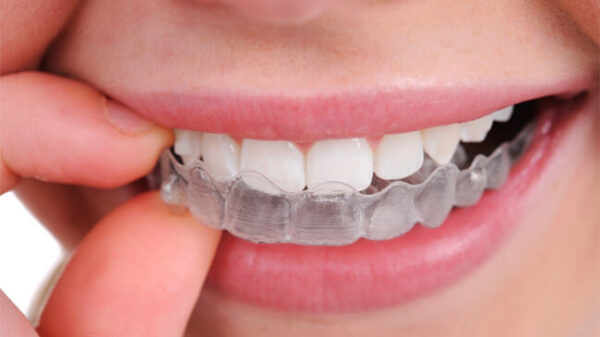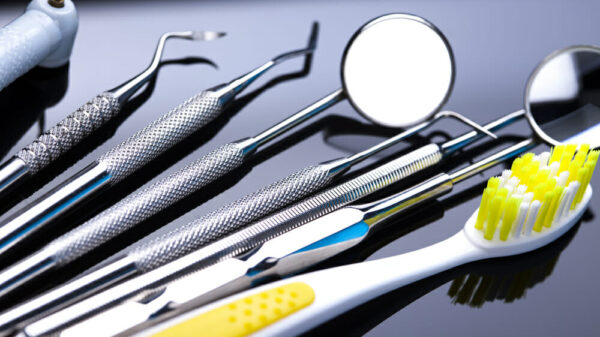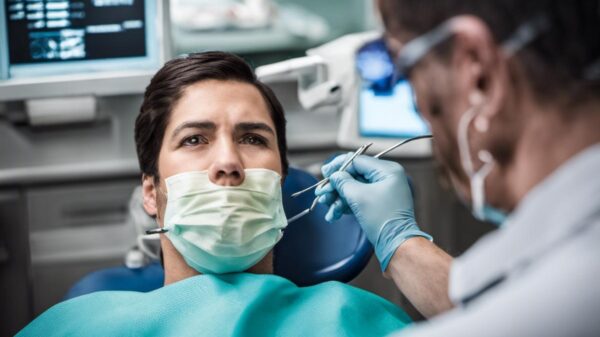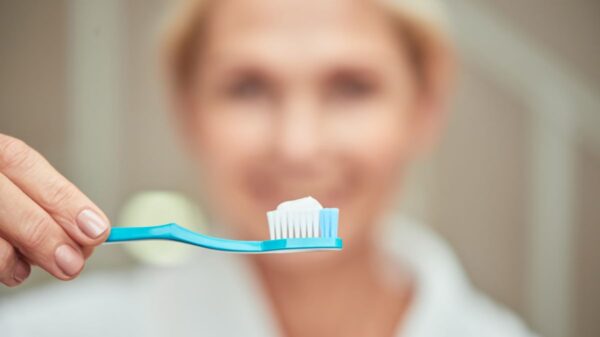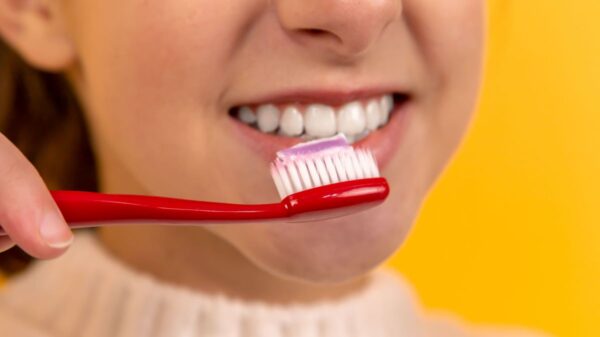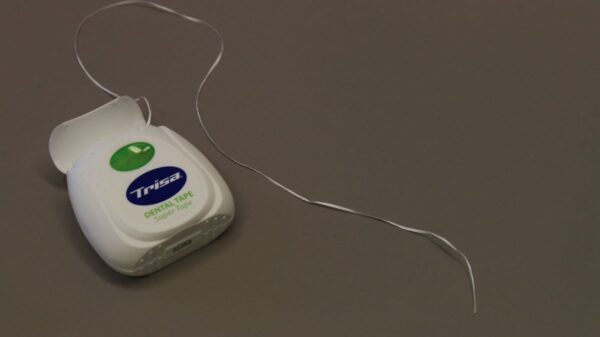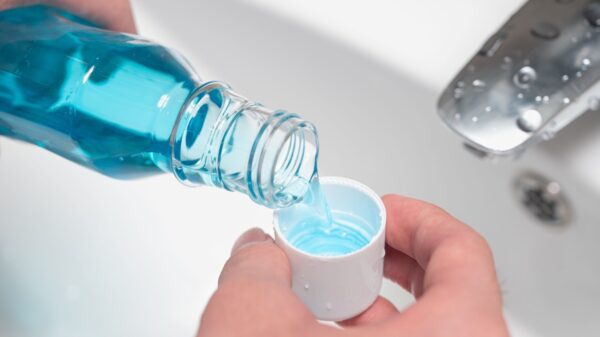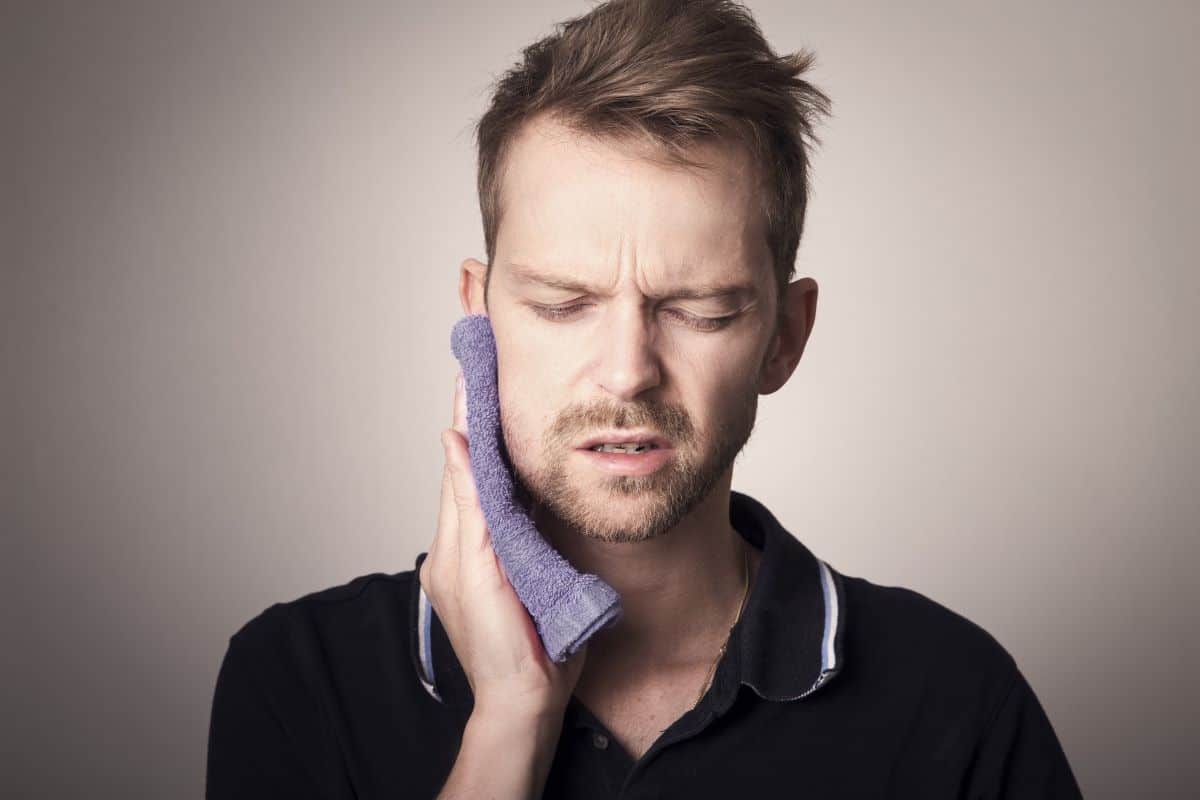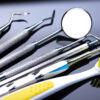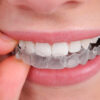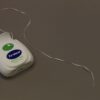How to Treat an Abscessed Tooth at Home
If you are in pain and think you may have an abscessed tooth, don’t wait to see a dentist. An abscessed tooth is a serious dental emergency that requires immediate attention.
What are some home remedies for an abscessed tooth? Some home remedies for an abscessed tooth include garlic, salt water rinse, ice, baking soda, hydrogen peroxide, oregano oil, clove oil, thyme oil, and fenugreek tea. Although these home remedies may help to alleviate pain and discomfort, you must seek professional dental care as soon as possible.
In this blog post, we will discuss home remedies for an abscessed tooth. We will also talk about what an abscessed tooth is and what causes it. Keep reading for more information!

What Is An Abscessed Tooth?
An abscessed tooth is a dental emergency that occurs when bacteria invade the pulp of your tooth. The pulp is the soft tissue inside your tooth that contains blood vessels and nerves. When bacteria invade the pulp, it can cause an abscess.
An abscess is a pocket of pus that forms inside the tooth. The pus is made up of white blood cells, dead tissue, and bacteria. An abscess can be very painful and may cause swelling in your face or neck. It can also lead to fever and chills.
What Causes An Abscessed Tooth?
Many things can cause an abscessed tooth, including:
- Tooth decay
- Gum disease
- Trauma to the tooth
- Poor oral hygiene
- A broken or cracked tooth
- Poor oral hygiene
- An infection elsewhere in the body
The most common cause of an abscessed tooth is poor oral hygiene. If you do not brush and floss your teeth regularly, plaque and bacteria can build up on your teeth. This can lead to tooth decay and gum disease, which increases your risk for an abscessed tooth.
What Are The Symptoms Of An Abscessed Tooth?
The symptoms of an abscessed tooth include:
- Pain in your tooth and jaw
- Sensitivity to hot or cold temperatures
- Swelling and inflammation in your gums
- A bad taste in your mouth
- Fever
- Chills
- Pus drainage from your tooth
If you are experiencing any of these symptoms, you must see a dentist as soon as possible. If the infection spreads, it could lead to more serious health complications. In advanced or untreated cases where overall health is affected, families may also explore supportive services such as hospice care resources in Oklahoma to help manage comfort and quality of life alongside medical treatment.
If you are experiencing any of these symptoms, you must see a dentist as soon as possible. If the infection spreads, it could lead to more serious health complications. seek dental care immediately if:
- You are in severe pain
- The swelling is getting worse
- There is a lot of pus drainage from your tooth
- You have a fever or chills
If you believe your symptoms are severe and you cannot find emergency dental care, it may be wise to seek professional medical care to mitigate the symptoms of infection.
How Can I Treat An Abscessed Tooth At Home?
Although you should always seek professional dental care for an abscessed tooth, some home remedies may help to alleviate pain and discomfort.
Here are a few home remedies that you can try to alleviate pain caused by an abscessed tooth:
Garlic
Garlic has antimicrobial properties that can help to kill the bacteria that is causing the infection. Rub a clove of garlic on the affected tooth or put it in your mouth and suck on it. You can also try chewing a clove of garlic or putting it in a glass of water and drinking it.
Salt Water Rinse
A saltwater rinse can help to flush out the bacteria and reduce inflammation. Mix one teaspoon of salt with a cup of warm water and rinse your mouth with it several times a day.
Ice
Ice can help to reduce swelling and pain. Put ice cubes in a plastic bag and wrap them in a towel. Apply the ice pack to your face for fifteen minutes at a time.
Baking Soda
Baking soda can help to reduce inflammation and pain. Mix one teaspoon of baking soda with a cup of water and rinse your mouth with it several times a day.
Hydrogen Peroxide
Hydrogen peroxide has antimicrobial properties that can help to kill the bacteria that is causing the infection. Swish a tablespoon of hydrogen peroxide in your mouth for thirty seconds and then spit it out. Do this two or three times a day.
Oregano Oil
Oregano oil has anti-inflammatory and antimicrobial properties that can help to treat an abscessed tooth. Rub a few drops of oregano oil on the affected tooth or put it in your mouth and suck on it. You can also try chewing a leaf of oregano.
Clove Oil
Clove oil has analgesic and antimicrobial properties that can help to reduce pain and kill the bacteria that is causing the infection.
Apply a few drops of clove oil to the affected tooth or put it in your mouth and suck on it. You can also try chewing a clove of garlic.
Thyme Oil
Thyme oil has antibacterial properties that can help to treat an abscessed tooth. Swish a tablespoon of thyme oil in your mouth for thirty seconds and then spit it out. Do this two or three times a day.
Fenugreek Tea
Fenugreek tea has antibacterial and analgesic properties that can help to reduce pain and kill the bacteria that is causing the infection. Drink two or three cups of fenugreek tea a day.
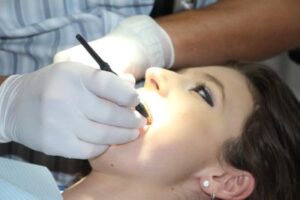
How Do Dentists Treat An Abscessed Tooth?
If you are experiencing symptoms of an abscessed tooth, your dentist will likely perform a dental exam to determine if you have an abscess. If you do have an abscess, your dentist will likely treat it with antibiotics and may need to perform a root canal.
An abscessed tooth can be very serious and requires immediate treatment. Don’t wait to see a dentist if you think you may have one!
Abscessed Tooth vs. Cavity
The main difference between an abscessed tooth and a cavity is that an abscess is caused by a bacterial infection while cavities are caused by plaque build-up.
Cavities can sometimes lead to an abscess if the bacteria cause the cavity to spread to the root of the tooth. An abscessed tooth will typically be very painful and swollen, while a cavity may not cause any pain or discomfort.
Does a Toothache Mean You Have An Abscessed Tooth?
A toothache may or may not mean that you have an abscessed tooth. It is important to see a dentist to determine if you have an abscess and to receive treatment. Other possible causes for toothaches include cavities, tooth decay, and gum disease.
How to Avoid Getting An Abscessed Tooth
There are several things that you can do to help avoid getting an abscessed tooth, including:
Brush Your Teeth
Brush your teeth twice a day for two minutes each time with fluoride toothpaste.
Floss Daily
Floss your teeth once a day.
See Your Dentist Regularly
It is important to see your dentist for regular checkups and cleanings. A professional dental cleaning can help to remove plaque and bacteria from your teeth and gums.
Avoid Sugary Foods and Drinks
Sugary foods and drinks can increase your risk of getting cavities, which can lead to an abscessed tooth. Limit the number of sugary foods and drinks that you consume each day.
Quit Smoking
Smoking increases your risk of developing cavities and other oral health problems, including gum disease and an abscessed tooth. If you smoke, try to quit as soon as possible.
Practice Good Oral Hygiene
It is important to practice good oral hygiene by brushing your teeth twice a day, flossing once a day, and using mouthwash.
If you follow these tips, you can help reduce your risk of getting an abscessed tooth. An abscessed tooth is a serious dental emergency, so it is important to take steps to prevent it from happening.
Does An Abscessed Tooth Always Require Professional Care?
While an abscessed tooth always requires professional care, there are some cases where home remedies can help to provide relief until you can see a dentist.
If you are experiencing pain and swelling, try one of the home remedies listed above. However, if the symptoms persist or get worse, it is important to see a dentist as soon as possible. An abscessed tooth can be very serious and requires immediate treatment.
Finding Treatment for Your Abscessed Tooth
If you believe you have an abscessed tooth during normal business hours, call your regular dentist. However, if you are experiencing pain from an abscessed tooth during the night or weekend, call your dentist to see if they have an emergency number listed.
Most dentists will provide an emergency number that will connect you with a dental professional who will offer expert advice. With the help of these home remedies and the care of a dental professional, your abscessed tooth will be eliminated in no time!

Related Questions
Can antibiotics treat an abscessed tooth?
Antibiotics can be used to treat an abscessed tooth and help to reduce the infection. The most common antibiotics used to treat an abscessed tooth include amoxicillin, clindamycin, and metronidazole. Your dentist will likely prescribe antibiotics if they believe you have an abscess.
Can an abscessed tooth cause a fever?
Yes, an abscessed tooth can cause a fever. This is because the infection can spread to other parts of your body. If you experience a fever along with other symptoms of an abscessed tooth, it is important to see a dentist as soon as possible.
Is an abscessed tooth a dental emergency?
Yes, an abscessed tooth is a dental emergency and requires immediate treatment. If you are experiencing symptoms of an abscessed tooth, see your dentist as soon as possible.




